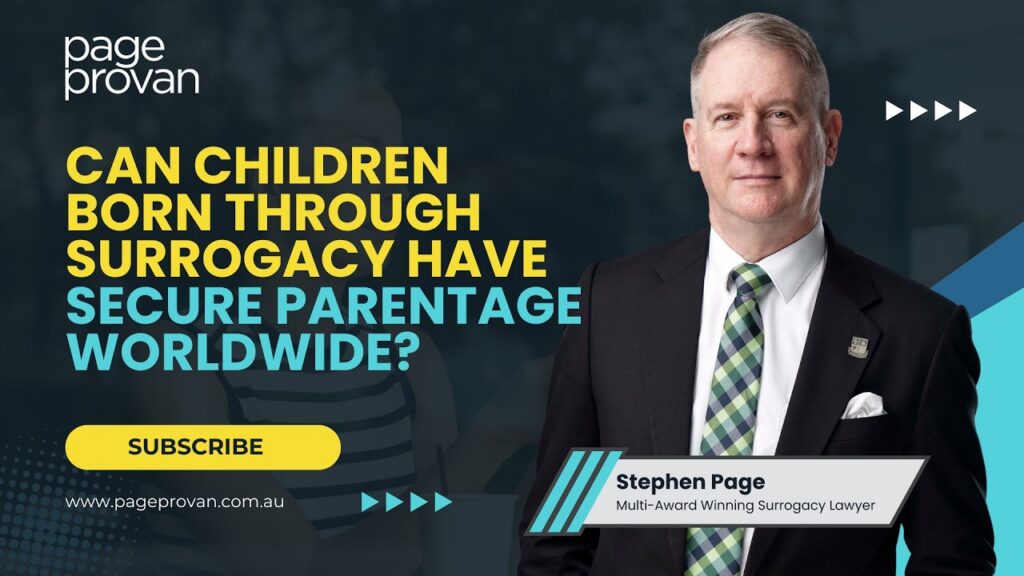Family Trusts in Property Settlements
In this video, Page Provan Managing Director and Accredited Family Law Specialist Bruce Provan, talks about family trusts in property settlements.
Transcript
My name is Bruce Provan I’m the Managing Director of Page Provan family and Fertility Lawyers. We’re a firm of lawyers that specialise in family and fertility law in central Brisbane.
I wanted to talk to you today about a question that we’re sometimes asked about family trusts in property settlements, and clients sometimes ask, if there’s property in a family trust, does that get included or excluded from the pool in the property settlement?
And the answer to that question is it depends. In each case, if a case proceeds to court, the court will look at the family trust itself, the terms of the trust, and in particular, the degree of control that one or both parties have in relation to that trust.
So in each case, where there’s a family trust involved, we will look at things like, Who is the appointer or a trustee of the trust? Who are the beneficiaries? How much money is in the trust? What distributions that have been made to the parties from the trust, et cetera?
Now, in most cases, we come across what happens is that there is a family discretionary trust, and the appointer or the trustee is either the parties themselves or a company that they own. It’s fairly easy to work out in that case that there is the requisite degree of control, and therefore the assets in that trust would be included in the pool property available for distribution.
But there are some cases where that control rests with third parties, such as friends or other family members and in those cases, we need to delve a bit deeper just to see where the control is. So for example, the appointer or trustee might be that the third party, but they’re in fact directed or controlled by one of the parties to the marriage.
And in that case, a court is likely to find that the assets in that trust should be included in the pool. But then there’s other cases where it becomes a bit more complicated.
The control rests in those third parties, and the parties to the marriage are simply beneficiaries of the trust and in that case, it’s most likely that those assets in that trust are not included in the pool.
So when we look at these trusts, we need to try and work out, look, are the assets in those trusts? Should it be re-regarded as property? Is it simply what they call a financial resource? So it’s not an asset, but it’s something that the parties do have some entitlement to, or is it a mere expectancy?
So if you’ve got any questions or concerns about a family trust, please contact us at Page Provan, and we can advise you about its terms. Bruce Provan from Page Provan Family and Fertility Lawyers.











